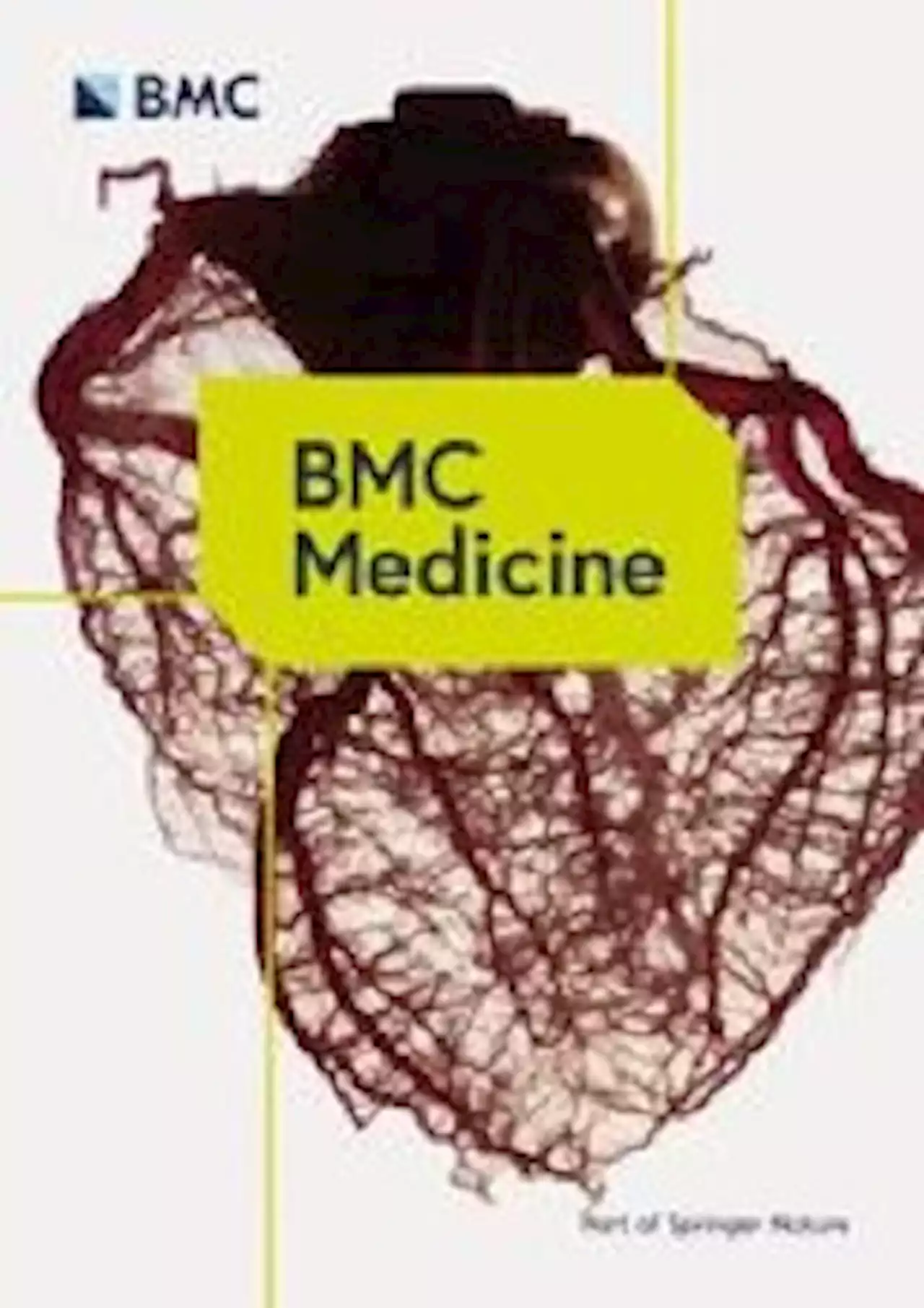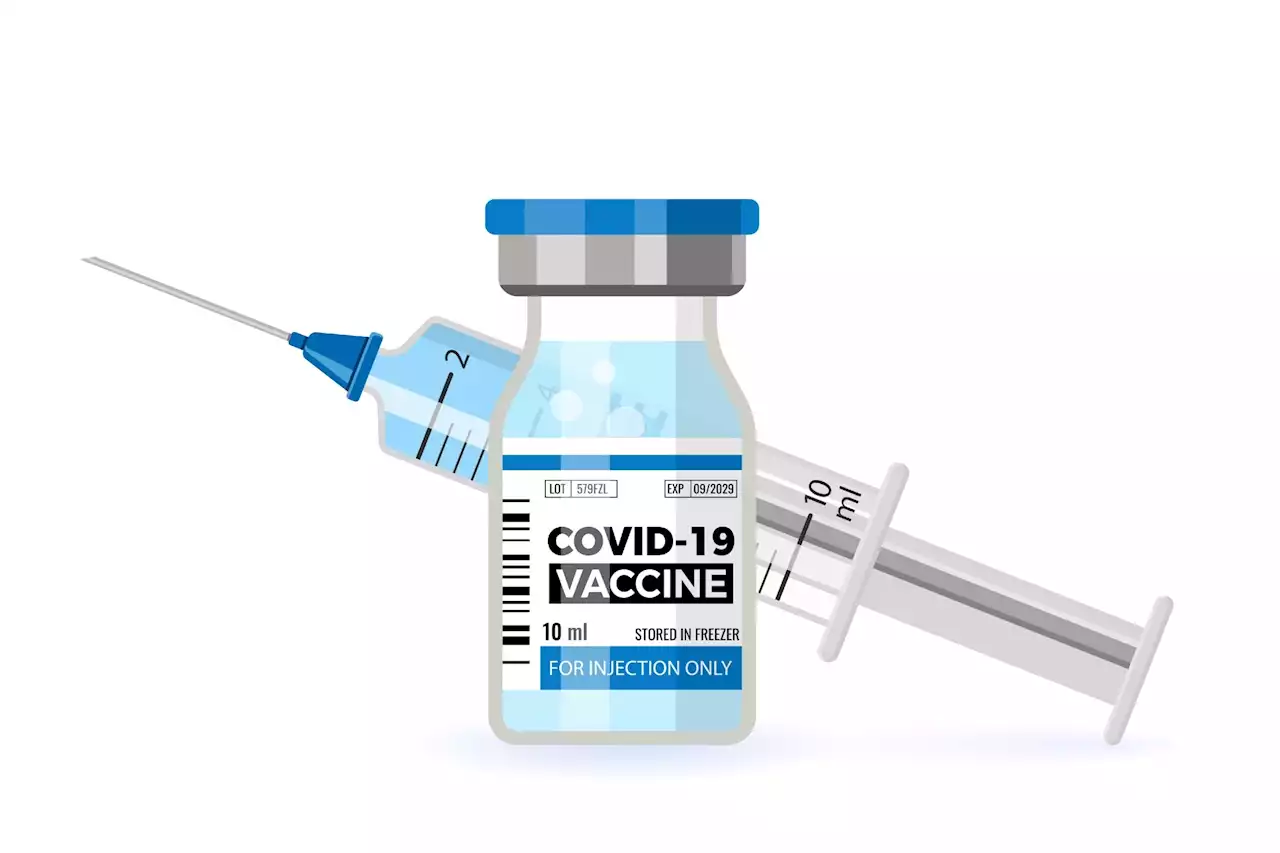Exploring BNT162b2 vaccine effectiveness against COVID-19 among pediatric and adolescent population of Qatar NEJM WCMQatar SARSCoV2 COVID19 Vaccine VaccineEffectiveness
By Pooja Toshniwal PahariaNov 4 2022Reviewed by Aimee Molineux In a recent study published in The New England Journal of Medicine, researchers evaluated Pfizer-BioNTech’s BNT162b2 messenger ribonucleic acid vaccine effectiveness against SARS-CoV-2 infections among the pediatric and adolescent population of Qatar.
The team analyzed data obtained from the federated national-level databases for SARS-CoV-2 testing in laboratories, vaccinations, hospitalizations, and deaths, including demographic data and reports of PCR and RAT conducted from 5 January 2022 onwards, without any missing data since COVID-19 onset.
Vaccinees were matched to non-vaccinees based on age, sex, nationality, and coexisting medical conditions. In addition, vaccinated individuals were matched based on the month of D2 administration, and controls were matched based on the month of a negative result. Individuals with prior COVID-19 history were excluded from the analysis.
The adolescent pre-Omicron study comprised 23,317 matched adolescent individuals. 23,317 adolescents, of which 67 vaccinees and 523 controls developed SARS-CoV-2 infections; however, none of them were severe. The cases coincided with Alpha, Beta, and particularly Delta predominance. The cumulative COVID-19 incidence rates after following up for 135 days were 0.8% and four percent for the vaccinees and controls, respectively, with an overall HR for infection of 0.1.
United Kingdom Latest News, United Kingdom Headlines
Similar News:You can also read news stories similar to this one that we have collected from other news sources.
 Frontiers | SARS-CoV-2 specific antibody trajectories in mothers and infants over two months following maternal infectionInfants exposed to caregivers infected with SARS-CoV-2 may have heightened infection risks relative to older children due to their more intensive care and feeding needs, and may experience more severe infection due to their less developed immune systems. However, there has been limited research on COVID-19 outcomes in exposed infants beyond the neonatal period. Between June 2020 – March 2021, we conducted interviews and collected capillary dried blood from SARS-CoV-2 infected mothers and their infants (aged 1-36 months) for up to two months following maternal infection onset (COVID+ group, 87% breastfeeding, n dyads=46 dyads). Comparative data were also collected from breastfeeding mothers with no known SARS-CoV-2 infection or exposures (breastfeeding control group, n dyads=26), and mothers who tested SARS-CoV-2 negative after experiencing symptoms or close contact exposure (COVID- group, n dyads=11, 73% breastfeeding). Dried blood samples were assayed for anti-SARS-CoV-2 S-RBD IgG and IgA positivity and anti-SARS-CoV-2 S1 + S2 IgG concentrations. Within the COVID+ group, the mean probability of seropositivity among infant samples was significantly lower than that of corresponding maternal samples (IgG 0.54 vs. 0.87; IgA 0.33 vs. 0.85), with likelihood of infant infection positively associated with the number of maternal symptoms and other household infections reported. COVID+ mothers reported a lower incidence of COVID-19 symptoms among their infants as compared to themselves and other household adults, and infants had similar PCR positivity rates as other household children. No samples returned by COVID- mothers or their infants tested antibody positive. Among the breastfeeding control group, 44% of mothers but none of their infants tested antibody positive in at least one sample. Results support previous research demonstrating minimal risks to infants following maternal COVID-19 infection, including for breastfeeding infants.
Frontiers | SARS-CoV-2 specific antibody trajectories in mothers and infants over two months following maternal infectionInfants exposed to caregivers infected with SARS-CoV-2 may have heightened infection risks relative to older children due to their more intensive care and feeding needs, and may experience more severe infection due to their less developed immune systems. However, there has been limited research on COVID-19 outcomes in exposed infants beyond the neonatal period. Between June 2020 – March 2021, we conducted interviews and collected capillary dried blood from SARS-CoV-2 infected mothers and their infants (aged 1-36 months) for up to two months following maternal infection onset (COVID+ group, 87% breastfeeding, n dyads=46 dyads). Comparative data were also collected from breastfeeding mothers with no known SARS-CoV-2 infection or exposures (breastfeeding control group, n dyads=26), and mothers who tested SARS-CoV-2 negative after experiencing symptoms or close contact exposure (COVID- group, n dyads=11, 73% breastfeeding). Dried blood samples were assayed for anti-SARS-CoV-2 S-RBD IgG and IgA positivity and anti-SARS-CoV-2 S1 + S2 IgG concentrations. Within the COVID+ group, the mean probability of seropositivity among infant samples was significantly lower than that of corresponding maternal samples (IgG 0.54 vs. 0.87; IgA 0.33 vs. 0.85), with likelihood of infant infection positively associated with the number of maternal symptoms and other household infections reported. COVID+ mothers reported a lower incidence of COVID-19 symptoms among their infants as compared to themselves and other household adults, and infants had similar PCR positivity rates as other household children. No samples returned by COVID- mothers or their infants tested antibody positive. Among the breastfeeding control group, 44% of mothers but none of their infants tested antibody positive in at least one sample. Results support previous research demonstrating minimal risks to infants following maternal COVID-19 infection, including for breastfeeding infants.
Read more »
 Health-related quality of life among persons with initial mild, moderate, and severe or critical COVID-19 at 1 and 12 months after infection: a prospective cohort study - BMC MedicineBackground Currently, there is limited evidence about the long-term impact on physical, social and emotional functioning, i.e. health-related quality of life (HRQL) after mild or moderate COVID-19 not requiring hospitalization. We compared HRQL among persons with initial mild, moderate or severe/critical COVID-19 at 1 and 12 months following illness onset with Dutch population norms and investigated the impact of restrictive public health control measures on HRQL. Methods RECoVERED, a prospective cohort study in Amsterdam, the Netherlands, enrolled adult participants after confirmed SARS-CoV-2 diagnosis. HRQL was assessed with the Medical Outcomes Study Short Form 36-item health survey (SF-36). SF-36 scores were converted to standard scores based on an age- and sex-matched representative reference sample of the Dutch population. Differences in HRQL over time were compared among persons with initial mild, moderate or severe/critical COVID-19 using mixed linear models adjusted for potential confounders. Results By December 2021, 349 persons were enrolled of whom 269 completed at least one SF-36 form (77%). One month after illness onset, HRQL was significantly below population norms on all SF-36 domains except general health and bodily pain among persons with mild COVID-19. After 12 months, persons with mild COVID-19 had HRQL within population norms, whereas persons with moderate or severe/critical COVID-19 had HRQL below population norms on more than half of the SF-36 domains. Dutch-origin participants had significantly better HRQL than participants with a migration background. Participants with three or more COVID-19 high-risk comorbidities had worse HRQL than part participants with fewer comorbidities. Participants who completed the SF-36 when restrictive public health control measures applied reported less limitations in social and physical functioning and less impaired mental health than participants who completed the SF-36 when no restrictive measures applied. Co
Health-related quality of life among persons with initial mild, moderate, and severe or critical COVID-19 at 1 and 12 months after infection: a prospective cohort study - BMC MedicineBackground Currently, there is limited evidence about the long-term impact on physical, social and emotional functioning, i.e. health-related quality of life (HRQL) after mild or moderate COVID-19 not requiring hospitalization. We compared HRQL among persons with initial mild, moderate or severe/critical COVID-19 at 1 and 12 months following illness onset with Dutch population norms and investigated the impact of restrictive public health control measures on HRQL. Methods RECoVERED, a prospective cohort study in Amsterdam, the Netherlands, enrolled adult participants after confirmed SARS-CoV-2 diagnosis. HRQL was assessed with the Medical Outcomes Study Short Form 36-item health survey (SF-36). SF-36 scores were converted to standard scores based on an age- and sex-matched representative reference sample of the Dutch population. Differences in HRQL over time were compared among persons with initial mild, moderate or severe/critical COVID-19 using mixed linear models adjusted for potential confounders. Results By December 2021, 349 persons were enrolled of whom 269 completed at least one SF-36 form (77%). One month after illness onset, HRQL was significantly below population norms on all SF-36 domains except general health and bodily pain among persons with mild COVID-19. After 12 months, persons with mild COVID-19 had HRQL within population norms, whereas persons with moderate or severe/critical COVID-19 had HRQL below population norms on more than half of the SF-36 domains. Dutch-origin participants had significantly better HRQL than participants with a migration background. Participants with three or more COVID-19 high-risk comorbidities had worse HRQL than part participants with fewer comorbidities. Participants who completed the SF-36 when restrictive public health control measures applied reported less limitations in social and physical functioning and less impaired mental health than participants who completed the SF-36 when no restrictive measures applied. Co
Read more »
 Political divide and public opinion influence racial disparities in COVID-19 mortalityResearchers at the University of Wisconsin-Madison and the University of California-Los Angeles investigated how political polarization in the United States (US) shaped the time-varying patterns of racial inequality in coronavirus disease 2019 (COVID-19) mortality since the onset of the pandemic.
Political divide and public opinion influence racial disparities in COVID-19 mortalityResearchers at the University of Wisconsin-Madison and the University of California-Los Angeles investigated how political polarization in the United States (US) shaped the time-varying patterns of racial inequality in coronavirus disease 2019 (COVID-19) mortality since the onset of the pandemic.
Read more »
I spent 10 days in a secret Chinese Covid detention centre\n\t\t\tInsightful reads\n\t\t\tInterviews & reviews\n\t\t\tThe FT Crossword\n\t\t\tTravel, houses, entertainment & style\n\t\t
Read more »
 Top Shropshire chef who can't taste or smell after catching Covid is closing restaurantThe chef at a leading Shropshire restaurant is calling an end to service - in part after losing his sense of taste and smell after contracting Covid.
Top Shropshire chef who can't taste or smell after catching Covid is closing restaurantThe chef at a leading Shropshire restaurant is calling an end to service - in part after losing his sense of taste and smell after contracting Covid.
Read more »
